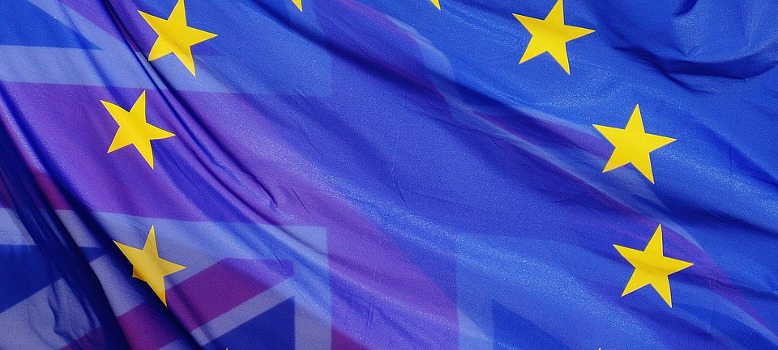Brexit Update – Where Things Stand

Brexit Update – read about the UK and EU actions to date
The UK position
In the months since the Brexit referendum, the UK Government has been working to translate the decision to leave the EU into a set of objectives for the negotiations. The UK Prime Minister, Theresa May, has appointed David Davis as Secretary of State for Exiting the European Union.
The UK triggered Article 50 of the Treaty on the European Union, the legal mechanism for withdrawal from the EU in March 2017.
It is intended that a ‘Great Repeal Bill’ will be introduced, which will remove the European Communities Act 1972 from the UK statute book. It will preserve EU law where it stands at the moment before it leaves the EU, following which the Parliament will decide which elements of EU law to keep, amend or repeal. The bill will also provide for the removal of the jurisdiction of the European Court of Justice (ECJ) in the UK.
UK priorities
The UK Government’s broad political priorities include the ability to control its borders against inward migration; the return of law-making from the EU to Westminster, a significant reduction in financial contributions to the EU budget, negotiation of a favourable degree of future access to the EU 27 market, and negotiation of new trade agreements with non-EU countries.
The Prime Minister, in a speech in January 2017 outlined 12 principles which are to guide the Government in delivering on the UK vote to leave the EU.
- Providing certainty and clarity;
- Taking control of our own laws;
- Strengthening the Union;
- Protecting our strong historic ties with Ireland and maintaining the Common Travel Area;
- Controlling immigration;
- Securing rights for EU nationals in the UK and UK nationals in the EU;
- Protecting workers’ rights;
- Ensuring free trade with European markets;
- Securing new trade agreements with other countries;
- Ensuring the United Kingdom remains the best place for science and innovation;
- Cooperating in the fight against crime and terrorism; and
- Delivering a smooth, orderly exit from the EU.
On 3rd February 2017, the UK published its White Paper on Brexit, entitled The United Kingdom’s exit from and new partnership with the European Union. This sets out the basis for setting out these 12 priorities and the broad strategy for delivering the new strategic partnership the United Kingdom and the EU.
The paper does not set out a detailed negotiation position, stating that ‘We have respected the decision of Parliament that we should not publish detail that would undermine our negotiating position.’
The EU’s position
At EU level, Article 50 of the Treaty of the European Union provides a framework for the exit by a Member State from the EU. This outlines the process for notification and withdrawal, stating that a ‘Member State which decides to withdraw shall notify the European Council of its intention.
In the light of the guidelines provided by the European Council, the Union shall negotiate and conclude an agreement with that State, setting out the arrangements for its withdrawal, taking account of the framework for its future relationship with the Union. That agreement shall be negotiated in accordance with Article 218(3) of the Treaty on the Functioning of the European Union. It shall be concluded on behalf of the Union by the Council, acting by a qualified majority, after obtaining the consent of the European Parliament.
EU priorities
The EU strategy on the negotiations with the UK, as indicated in statements from the European Council, Commission and Parliament in the months since the referendum, is that the UK must first activate Article 50 before any negotiation takes place, and the focus of discussions will primarily be on the exit negotiations.
The EU has announced its lead Brexit negotiator. Michel Barnier will be the European Chief Negotiator and head of the Commission Task Force for the negotiations. As per Article 50, his negotiation will be informed by guidelines provided by the European Council, that is the Heads of Government of the EU Member States. He is a former Minister in the French Government and has served two terms as a
member of the European Commission.
Read more about IFA’s campaign on Brexit




